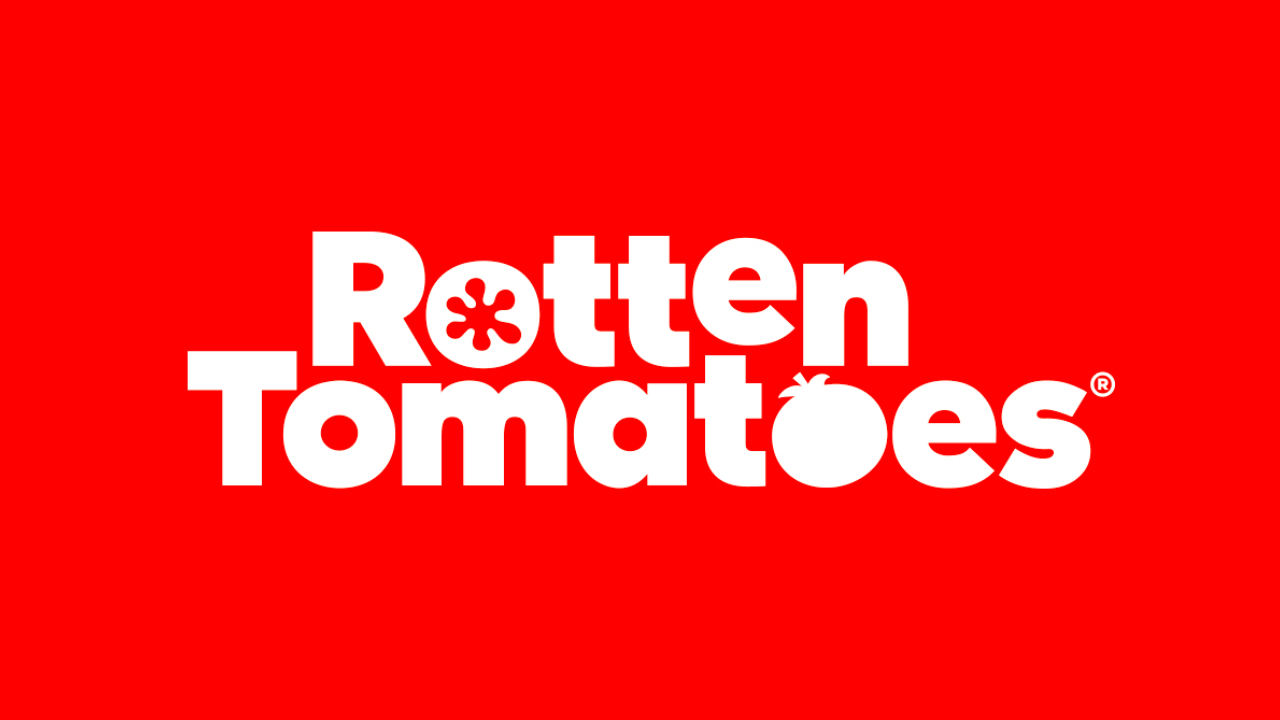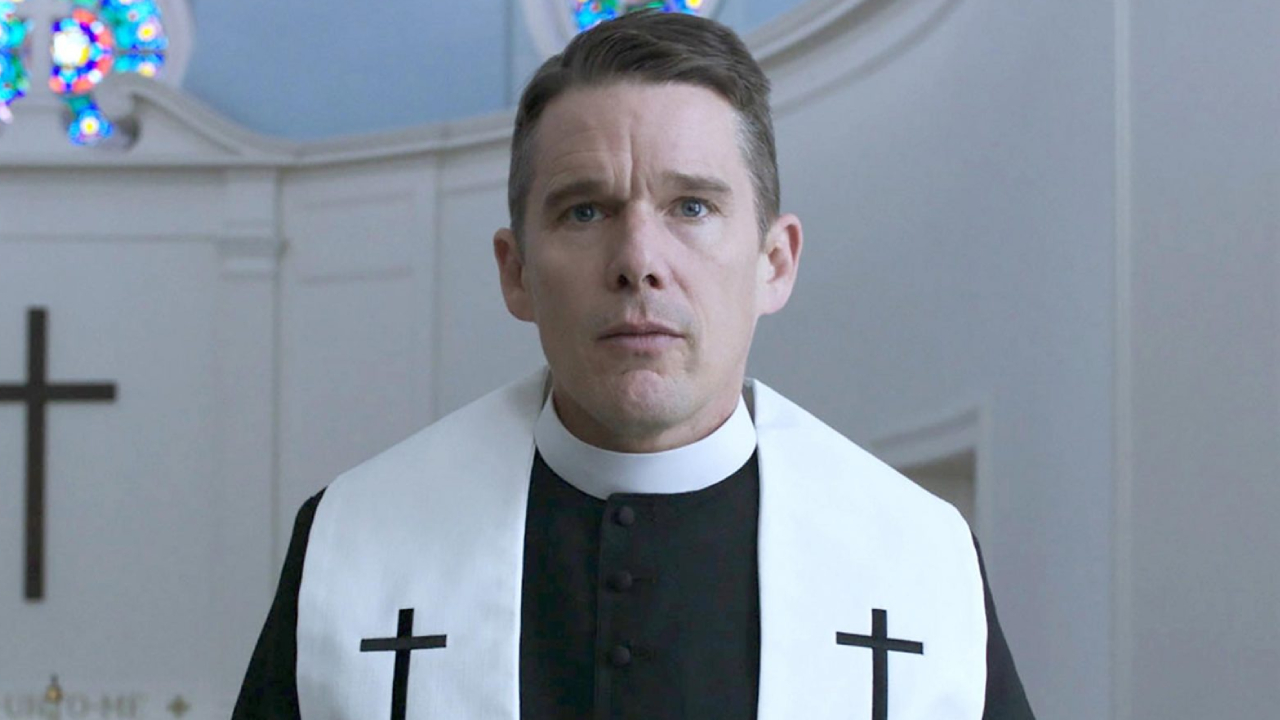How Does Rotten Tomatoes Work? Director Paul Schrader Calls Out The System, And His Complaints Aren't Wrong
The system can be very limiting and discourage audiences from being adventurous.

Your Daily Blend of Entertainment News
You are now subscribed
Your newsletter sign-up was successful
In film criticism, where voices like Pauline Kael and Roger Ebert once held sway, aggregation sites like Rotten Tomatoes now wield immense influence, and can thus swiftly determine a movie's success or failure. However, renowned director Paul Schrader, celebrated for writing one of the best New York movies (Taxi Driver), has joined the ranks of fellow filmmaker Martin Scorcese in criticizing the review aggregator and raising concerns about its impact on filmmaking. Below, we'll explore Rotten Tomatoes' workings, Schrader's objections, and the potential pitfalls of aggregated ratings.
How Rotten Tomatoes Works
Rotten Tomatoes aggregates reviews from both critics and audience members. Critics' reviews are categorized as either "Fresh" or "Rotten" based on their overall sentiment towards a film. Audience reviews follow a similar system, utilizing ratings on a scale from 0% to 100%. The Tomatometer score, a percentage representing the critics' consensus, is then calculated based on the proportion of "Fresh" reviews.
While the Tomatometer score is often a convenient metric to assess a film's quality, it's vital to acknowledge its inherent limitations. It simplifies complex opinions into binary categories, which can be reductive in an industry where cinematic art is open to diverse interpretations.
Paul Schrader’s Criticisms
The Dog Eat Dog director recently criticized Rotten Tomatoes, stating it oversimplifies cinema, makes audiences less informed, and benefits studios all at the same time. In an interview with Vulture, he said:
The studios didn’t invent Rotten Tomatoes, and most of them don’t like it. But the system is broken. Audiences are dumber. Normal people don’t go through reviews like they used to. Rotten Tomatoes is something the studios can game. So they do.
The Academy Award-winning writer believes reducing a film to "Fresh" or "Rotten" fails to capture the medium's nuanced and subjective nature. He added:
I read some reviews of my own films where the writer might say that he doesn’t think that I pull something off, but, boy, is it interesting in the way that I don’t pull it off. To me, that’s a good review, but it would count as negative on Rotten Tomatoes.
Schrader's argument touches on a fundamental aspect of film criticism: subjectivity. He also emphasizes that diverse perspectives are vital in film criticism, and reducing reviews to binary ratings overlooks this diversity.
Why The Aggregated Numbers Might Mislead
The Tomatometer, though useful, may oversimplify a film's overall reception. For instance, a 95% score can conceal varying reviews, from a rave 100% to a middling 60%. This masks critical complexity.
Your Daily Blend of Entertainment News
Additionally, it doesn't consider evolving film criticism, missing the emergence of cult classics. Sole reliance on aggregated scores can overlook hidden gems gaining post-release acclaim.
While Rotten Tomatoes is a valuable resource for many moviegoers, seeing it as just one tool in film criticism is essential. Paul Schrader, also known for diverse works like The Master Gardener, has experienced a wide range of reviews across his long career, as his films are more akin to King Lear than any upcoming Marvel movies. We should always keep in mind the constraints of review aggregation and recognize the rich diversity of cinema. As audiences explore films and cultivate their individual preferences, it becomes clear that no single website or metric can genuinely capture the enchantment of the silver screen.

To dive into Schrader's intricate storytelling, revisit First Reformed, one of Ethan Hawke's best movies, streaming with a Max subscription. Explore our 2023 movie release schedule for your next theater visit. And why not take a chance on a film without checking the Tomatometer for once?

Ryan graduated from Missouri State University with a BA in English/Creative Writing. An expert in all things horror, Ryan enjoys covering a wide variety of topics. He's also a lifelong comic book fan and an avid watcher of Game of Thrones and House of the Dragon.
